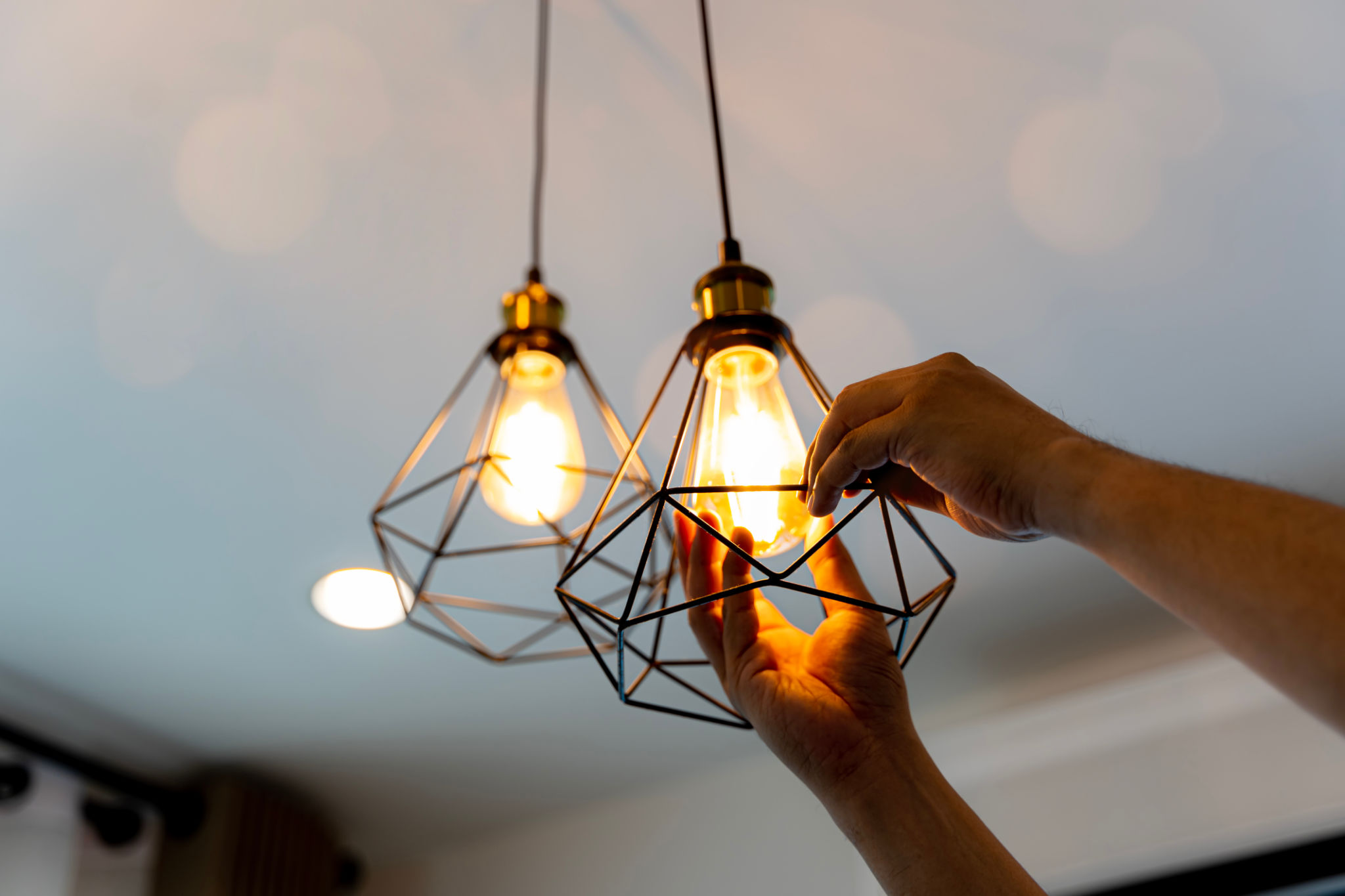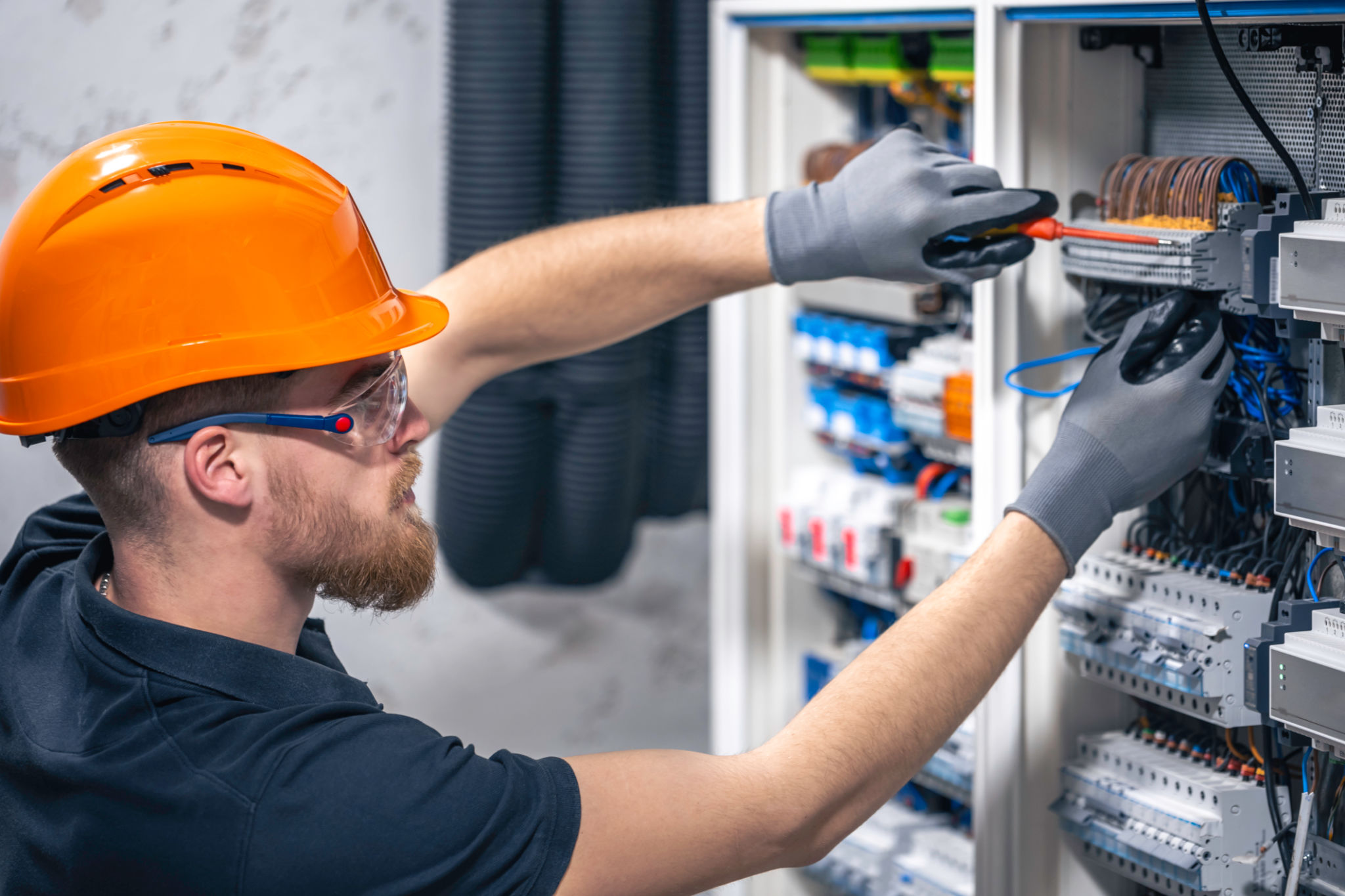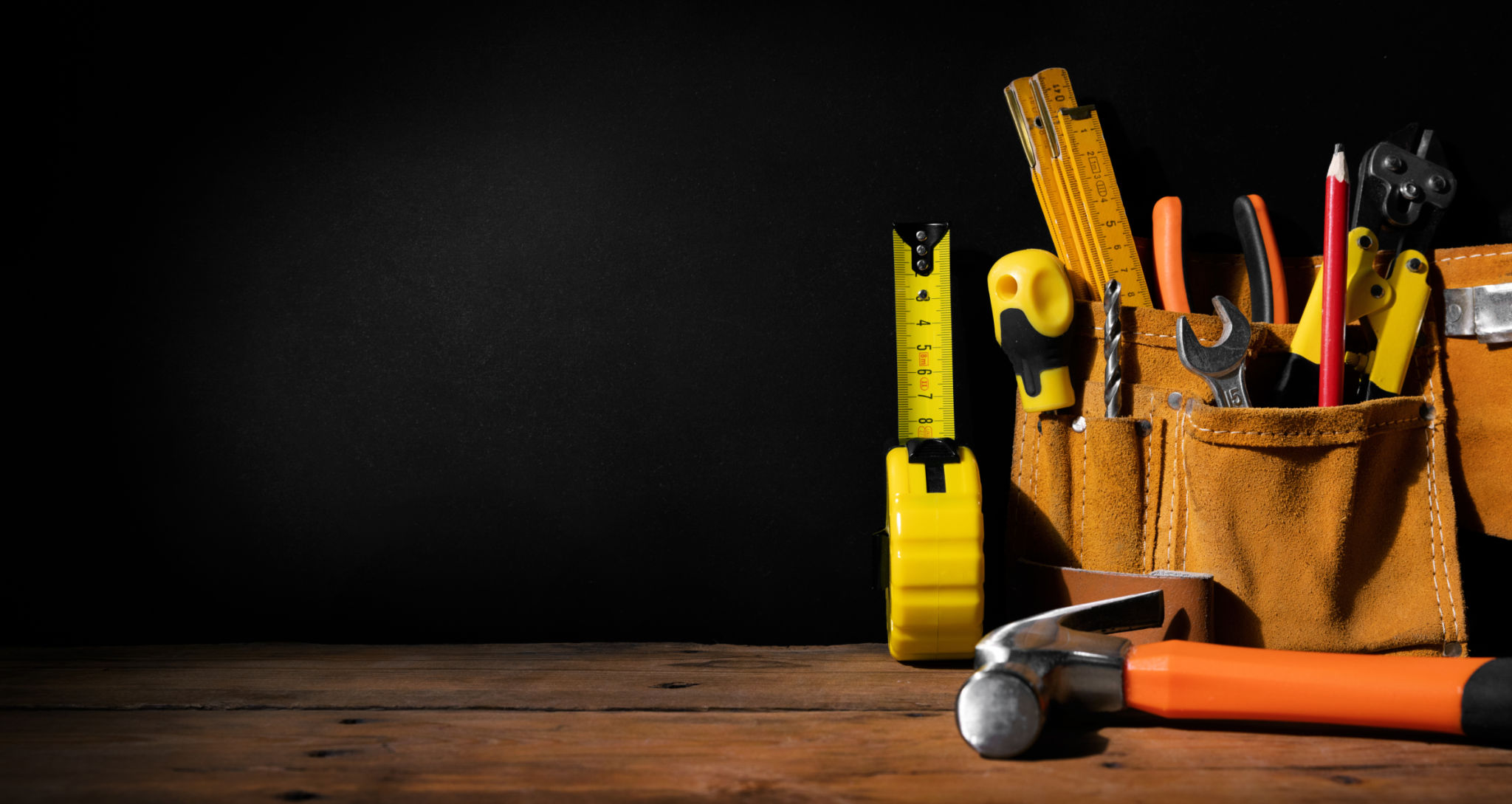DIY Electrical Repairs: What You Can Do and What to Leave to the Experts
Understanding DIY Electrical Repairs
Handling electrical repairs can be intimidating, but many homeowners prefer to tackle minor electrical issues themselves. While some tasks are manageable, others require professional expertise. In this blog post, we'll explore what you can safely do on your own and when it's best to call in the experts.

Basic Electrical Repairs You Can Do Yourself
Replacing Light Switches and Outlets
One of the simplest electrical repairs is replacing light switches and outlets. Ensure the power is turned off at the breaker box before you start. With the right tools and a bit of patience, you can easily swap out an old switch or outlet for a new one.
Changing Light Bulbs and Fixtures
Changing light bulbs is a straightforward task, but if you're looking to update light fixtures, you can often handle this without professional help. Make sure to follow the manufacturer's instructions and check that the fixture's wattage matches your home's electrical capacity.

Understanding the Risks
Before attempting any electrical repair, it's crucial to understand the risks involved. Electrical work can be dangerous if not performed correctly. Always use insulated tools and wear safety gear. If you're unsure about any step in the process, consult a professional.
When to Call the Experts
While some repairs are safe for DIY enthusiasts, certain tasks should always be left to licensed electricians:
- Rewiring or adding new circuits: These tasks require a thorough understanding of electrical systems and local codes.
- Panel upgrades: Upgrading an electrical panel is complex and dangerous for those without proper training.
- Troubleshooting unknown issues: If you're facing persistent electrical problems, it's best to have an expert diagnose and fix them.

Tools You'll Need for DIY Electrical Repairs
Having the right tools is essential for any DIY electrical project. Basic tools include a voltage tester, wire cutters, screwdrivers, and pliers. Investing in a multimeter can also be helpful for testing circuits and diagnosing problems.
Ensuring Safety First
Safety should always be your top priority when working with electricity. Always double-check that the power is off before starting any repair. Consider taking an online course or watching tutorials to familiarize yourself with basic electrical principles.

The Benefits of Professional Help
While DIY repairs can save money, hiring a professional ensures the job is done safely and correctly. Professionals have the expertise to handle complex issues and can provide valuable advice on maintaining your home's electrical system.
Ultimately, knowing your limits is key in deciding whether to tackle an electrical repair yourself or call in an expert. By understanding the scope of each project and prioritizing safety, you can make informed decisions about your home's electrical needs.
